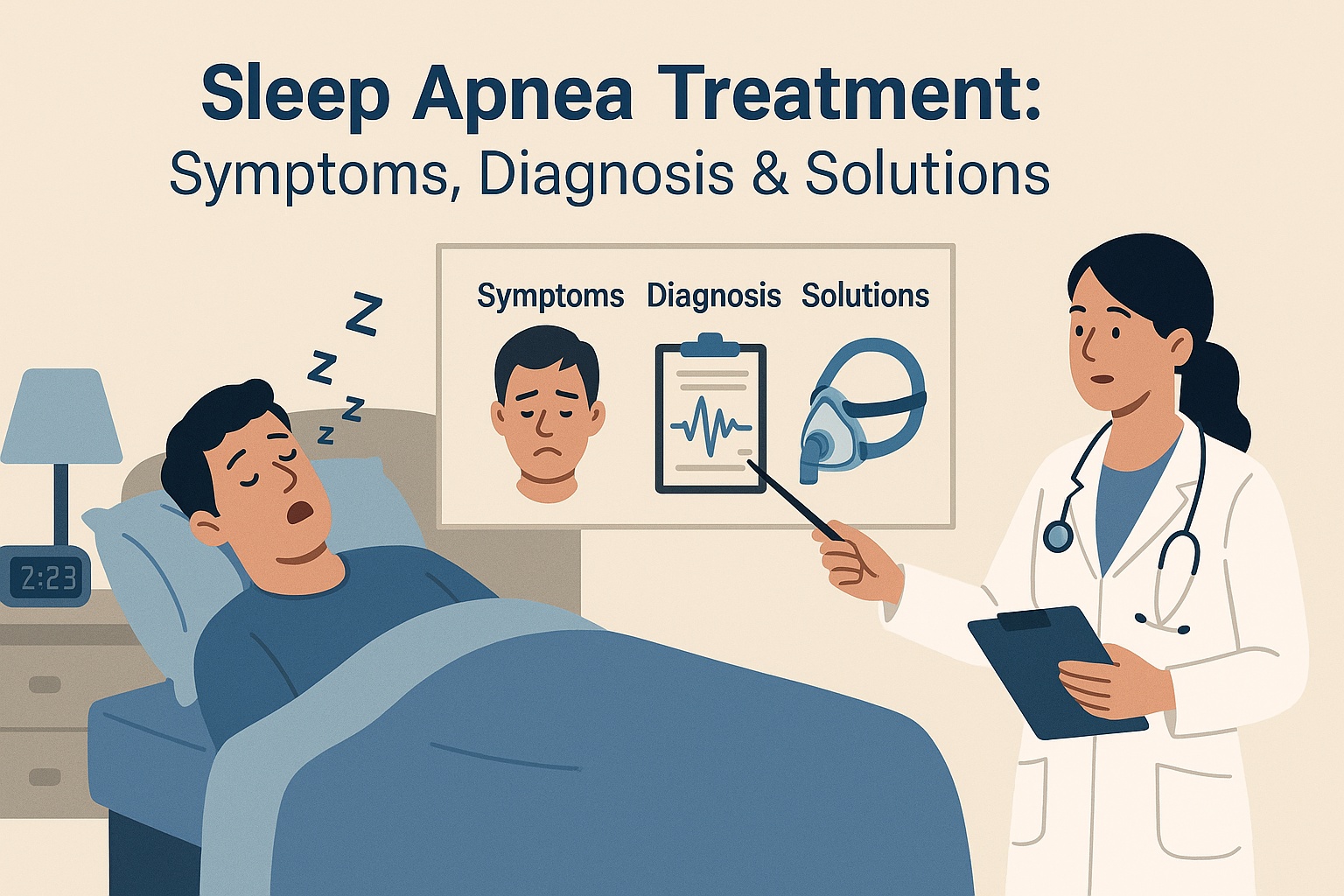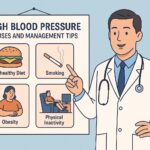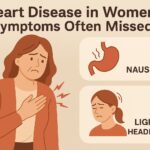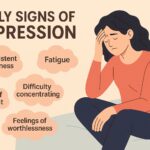Sleep Apnea Treatment: Why It’s Critical for Your Health
Sleep apnea treatment is more than just stopping snoring—it’s about preventing serious health risks like heart disease, stroke, and daytime fatigue. Millions of Americans have sleep apnea and don’t even know it. If left untreated, it can significantly impact your quality of life, energy, and long-term health. This guide covers the symptoms, diagnosis process, and the most effective treatments available in 2025.
What Is Sleep Apnea?
Sleep apnea is a sleep disorder that causes repeated pauses in breathing during the night. These interruptions can last from a few seconds to a minute and may occur dozens or even hundreds of times per night. There are three types:
- Obstructive sleep apnea (OSA) — Most common; caused by throat muscles relaxing and blocking the airway.
- Central sleep apnea — The brain doesn’t send proper signals to the muscles controlling breathing.
- Complex sleep apnea — A combination of both OSA and central apnea.
Key Symptoms of Sleep Apnea
Recognizing the symptoms early can help prevent complications. Common warning signs include:
- Loud snoring, often noticed by a partner
- Gasping or choking during sleep
- Waking up with a dry mouth or sore throat
- Morning headaches
- Excessive daytime sleepiness
- Trouble concentrating or forgetfulness
- Mood changes, including irritability or depression
It’s important to note: not everyone who snores has sleep apnea—but most people with sleep apnea do snore.
How Sleep Apnea Is Diagnosed
To determine whether you need sleep apnea treatment, your doctor may recommend one or more of the following diagnostic methods:
- Sleep study (Polysomnography) — Conducted overnight in a sleep lab, monitoring brain waves, oxygen levels, heart rate, and breathing.
- Home sleep apnea test — A simplified version of the sleep study you can do at home, tracking breathing patterns and oxygen levels.
Based on results, your condition will be classified as mild, moderate, or severe—this will guide your treatment plan.
Best Sleep Apnea Treatment Options in 2025
Treatment depends on the severity of the condition and its root cause. Options range from lifestyle changes to advanced medical devices. The most common sleep apnea treatment methods include:
- CPAP therapy — A continuous positive airway pressure machine keeps your airway open during sleep. It remains the gold standard for moderate to severe OSA.
- Oral appliances — Custom dental devices reposition your jaw or tongue to maintain airflow.
- Weight loss — Losing excess weight can reduce or eliminate symptoms in many patients.
- Positional therapy — Encourages sleeping on your side rather than your back to prevent airway collapse.
- Surgery — Procedures like UPPP (uvulopalatopharyngoplasty), Inspire therapy (nerve stimulation), or nasal surgery may be recommended for certain cases.
Emerging and Alternative Treatments
Innovative sleep apnea treatments in 2025 include:
- Inspire therapy — An FDA-approved implant that stimulates airway muscles to prevent collapse.
- High-flow nasal therapy — Provides humidified air at high rates without a mask.
- Behavioral therapy — Especially useful for patients who can’t tolerate CPAP or want to address root habits like alcohol use or poor sleep hygiene.
Lifestyle Changes to Support Treatment
In addition to medical interventions, lifestyle adjustments can dramatically enhance treatment success:
- Quit smoking and reduce alcohol intake
- Maintain a regular sleep schedule
- Exercise regularly to improve overall sleep quality
- Reduce allergens in your bedroom (dust, pet dander)
FAQs About Sleep Apnea Treatment
- Is CPAP the only solution?
No. While CPAP is highly effective, other options like oral appliances or Inspire therapy may work better for certain patients. - Can sleep apnea go away?
In some mild cases, especially with weight loss and lifestyle changes, symptoms can be reversed. - Is surgery a permanent fix?
Surgery may offer long-term relief, but results vary by individual and type of procedure.
What Happens If Sleep Apnea Goes Untreated?
Ignoring sleep apnea can lead to serious complications:
- High blood pressure and heart disease
- Stroke and increased risk of heart attack
- Type 2 diabetes and insulin resistance
- Chronic fatigue and work-related accidents
- Depression and reduced cognitive function
That’s why early detection and choosing the right sleep apnea treatment is essential—not just for your sleep, but for your life.
Conclusion: Choose the Right Sleep Apnea Treatment Today
Effective sleep apnea treatment can restore energy, improve focus, and reduce your risk of serious health issues. Whether you’re dealing with mild snoring or waking up gasping for air, don’t ignore the signs. With modern diagnostics and a variety of treatment options available in 2025, relief is closer than you think. Talk to a sleep specialist and take the first step toward better sleep—and better health—today.







